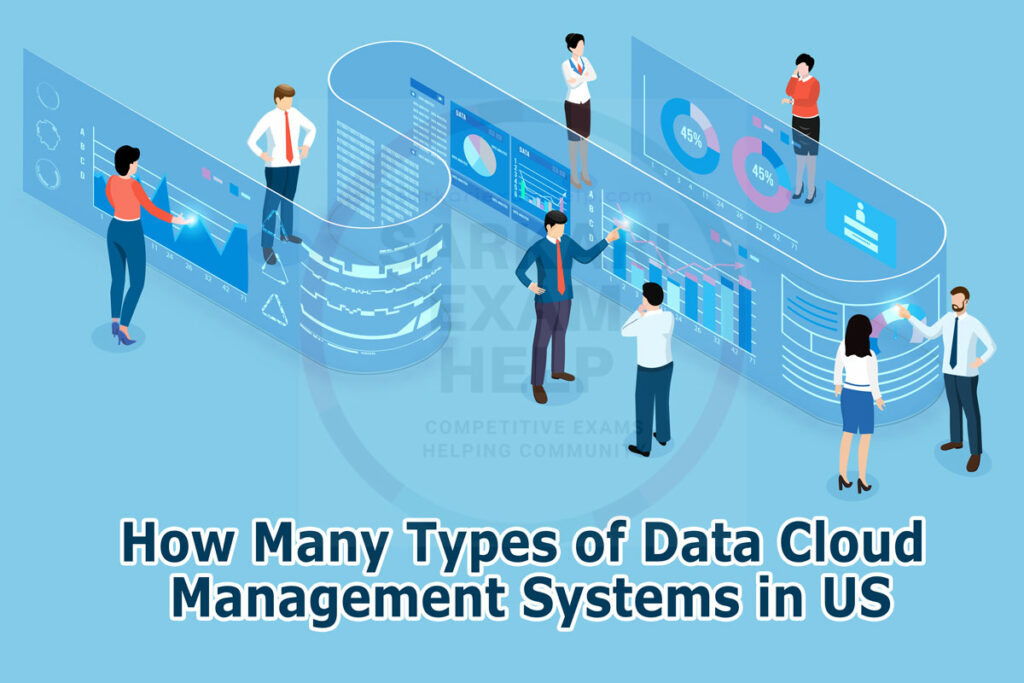There are several different types of cloud management systems. You can use Public, Community, or Hybrid clouds. Learn the differences and choose the right one for your needs. We will explore all three in this article. Getting started with cloud management is easy! Just read on! You’ll be amazed at all of the options. There’s a cloud management system out there for just about every need, and we’ll help you get started.

Public cloud
There are many benefits of using public cloud management systems. A public cloud is a highly flexible environment in which organizations can scale up and down as needed, without spending massive amounts of capital on acquiring new hardware. The infrastructure is shared, so configuration changes are frequent. One of the leading causes of security loopholes in public cloud systems is misconfiguration. By utilizing public cloud management systems, businesses can reduce the risk of security breaches and maximize their investment in public cloud services.
A cloud management solution should allow users to control costs and workloads. The cloud provider should be able to offer you flexible and predictable pricing models. With a cloud management solution, IT teams can monitor and allocate costs to various customers, allowing them to make long-term decisions based on actual costs. Some solutions offer chargeback and showback, as well as auto-generated recommendations for ways to lower public cloud spend. By automating cloud infrastructure management, enterprises can avoid these risks, while still getting the performance they need.
With public cloud management systems, companies can buy and set up their infrastructure in hours, instead of spending months or years to manage and maintain their infrastructure. Public cloud service providers guarantee 99% uptime, which means businesses can save money and time if their server fails. Moreover, companies can use multiple servers to ensure business continuity. In contrast, on-premises data centers are limited in size, scope, and availability of IT personnel. Public cloud services allow businesses to grow without investing in on-premises data centers.
Community cloud
The definition of a community cloud differs depending on the individual requirements of the organizations that are collaborating. For example, government clouds are typically based on private cloud solutions, while community cloud management systems are packaged with industry-specific regulations. Community clouds are a cost-effective way for organizations to use a single platform. Moreover, they help reduce the carbon footprint of an organization by dividing the workload among multiple organizations.
Community clouds have the advantage of being less costly and more trusted than private cloud services. They also allow organizations to experiment with innovations, and can even serve as a stepping stone to private cloud infrastructure. The key to a community cloud is its flexibility and its ability to adapt to changing requirements. Governance is the defining factor for a successful community cloud management system, and a well-designed community cloud will have fewer requirements than other types.
Community clouds combine features of public clouds with private clouds. They’re usually customized to an industry. They’re appropriate for organizations with similar research, projects, or applications. These community clouds can be designed by the organizations themselves or by a third-party service provider. For example, a BFSI community cloud operates specifically for the banking industry. As with any cloud, community clouds require careful consideration for both deployment and operation.
Hybrid cloud
The hybrid cloud is an effective way for businesses to adapt to the changing IT environment without spending a lot of money on new hardware or software. Hybrid clouds use a combination of traditional and new systems but still allow organizations to have the flexibility to choose which environment they want to use to serve their unique needs. Hybrid cloud management systems are available as either homogeneous or heterogeneous environments, with policy-driven capabilities that give businesses the flexibility to distribute workloads as needed.
For companies that rely on hybrid cloud data storage, a strong network connection is essential. Typically, this involves a wide area network and a dedicated networking service, which offers additional security. Companies should evaluate their network connection to ensure it will meet uptime requirements. Once they have determined which type of network connection is right for their needs, they can then make the decision on which provider to use. Hybrid cloud management systems are a great way for companies to improve performance and reduce costs.
Companies that serve different industries need to implement different regulatory and security policies. For example, companies serving clients in the healthcare industry must comply with HIPAA regulations and prioritize data privacy. By using a hybrid cloud, they can meet their needs while also benefiting from expanded computing power. This type of cloud management system is an excellent choice for companies looking to scale their computing capabilities while staying compliant with US and EU regulations. It allows businesses to quickly scale up and improve their operations while maintaining high levels of security and privacy.
You can also connect with us on Facebook Page, Twitter or Instagram for daily updates.
Read Also:-
- Five Extreme Climate Change Events You Can Recall
- Cloud Computing 2024: Empowering Innovation and Efficiency in the Digital Era
- Celebrating Happy Brothers Day 2024: A Day of Love and Bonding
- Multi-Cloud vs. Hybrid Cloud: What’s the Difference and Which is Right for You in 2024?
- Are You Ready to Buy Life Insurance? 10 Crucial Questions to Ask Before You Do
- Term Insurance vs. Whole Life Insurance: Which is the Right Choice for You?
- Mastering the Art of Chatting with Chat GPT: A Comprehensive Guide
- Tax Considerations for Life Insurance: Do You Need to Worry About Taxes on Your Benefits?
- How to check the liquidity of crypto?
- Google Scholarship 2024 – Know How To Apply






